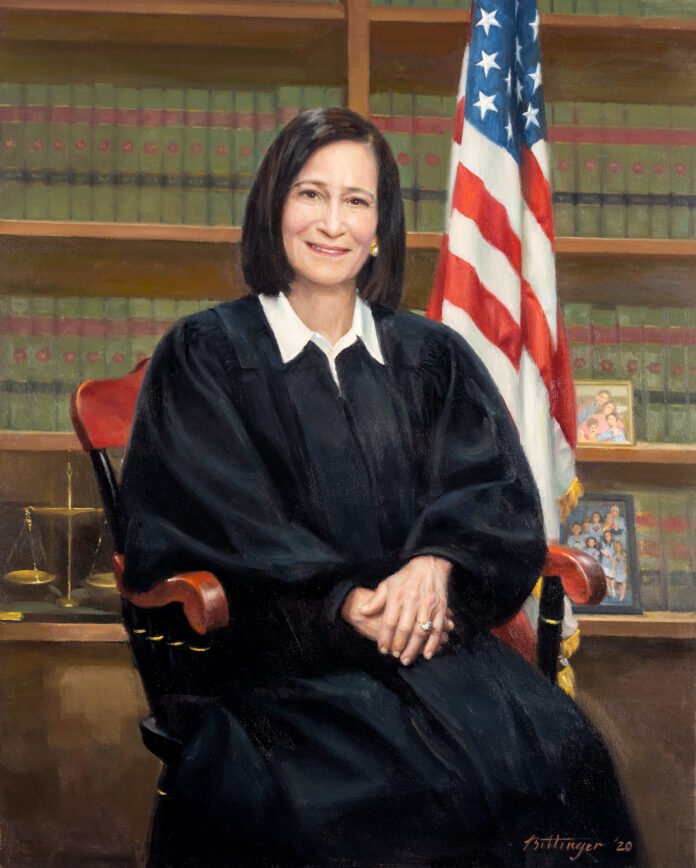A federal judge has temporarily restricted a government department’s access to sensitive Social Security data, citing serious concerns over privacy and data security.
In a ruling issued in Baltimore, U.S. District Judge Ellen Hollander ordered that personnel affiliated with the Department of Government Efficiency (DOGE) must delete any unredacted Social Security data they’ve obtained since January 20. The order also prohibits DOGE from altering, installing, or sharing any computer code or software used by the Social Security Administration (SSA). Any such software already in place must be removed immediately.
The injunction carves out an exception, allowing DOGE staff to access anonymized or redacted data but only after completing background checks and undergoing proper training.
Judge Hollander acknowledged the department’s stated mission to combat fraud, inefficiency, and bureaucratic excess, calling it a goal that most Americans likely support. However, she emphasized that the method by which DOGE pursues these objectives raises significant legal and ethical concerns.
“For nearly a century, the Social Security Administration has operated under a strong presumption of privacy,” Hollander wrote in her decision. “This case reveals a significant breach in that longstanding principle.”
The case was initiated by several labor unions and retired workers, who argue that DOGE’s recent handling of personal data violates federal privacy laws and introduces major cybersecurity risks.
During a recent hearing, Judge Hollander pressed government attorneys to justify DOGE’s extensive access to private records. “Why do you need all of that personal information?” she asked. “Can’t much of this be done with anonymized data?”
In response, government lawyers claimed that redacting data would hinder their efforts. “While anonymization is possible, it is extremely burdensome,” said Justice Department attorney Bradley Humphreys, who also contended that DOGE’s access practices aren’t significantly different from standard agency operations.
Opposing counsel argued the opposite, calling DOGE’s approach a “drastic shift” from how the SSA has historically managed sensitive data.
The legal advocacy group that filed the suit praised the court’s decision. Its president called the ruling a “critical step” in protecting the privacy of millions who rely on the SSA to safeguard their most personal information.
The judge clarified that her ruling does not affect SSA employees unaffiliated with DOGE, who may continue their usual access to records. However, DOGE staff must now meet SSA’s typical data handling protocols before engaging with even anonymized datasets.
This decision adds to ongoing legal scrutiny surrounding DOGE’s data practices. Judge Hollander’s questions during the hearing also drew parallels to another case in Maryland, where DOGE’s access to private data at multiple federal agencies is being challenged. In that instance, an appellate court recently overturned a similar injunction, granting DOGE renewed access—raising the possibility that this latest decision may also face appeal in the coming weeks.
For more political updates, visit DC Brief.


